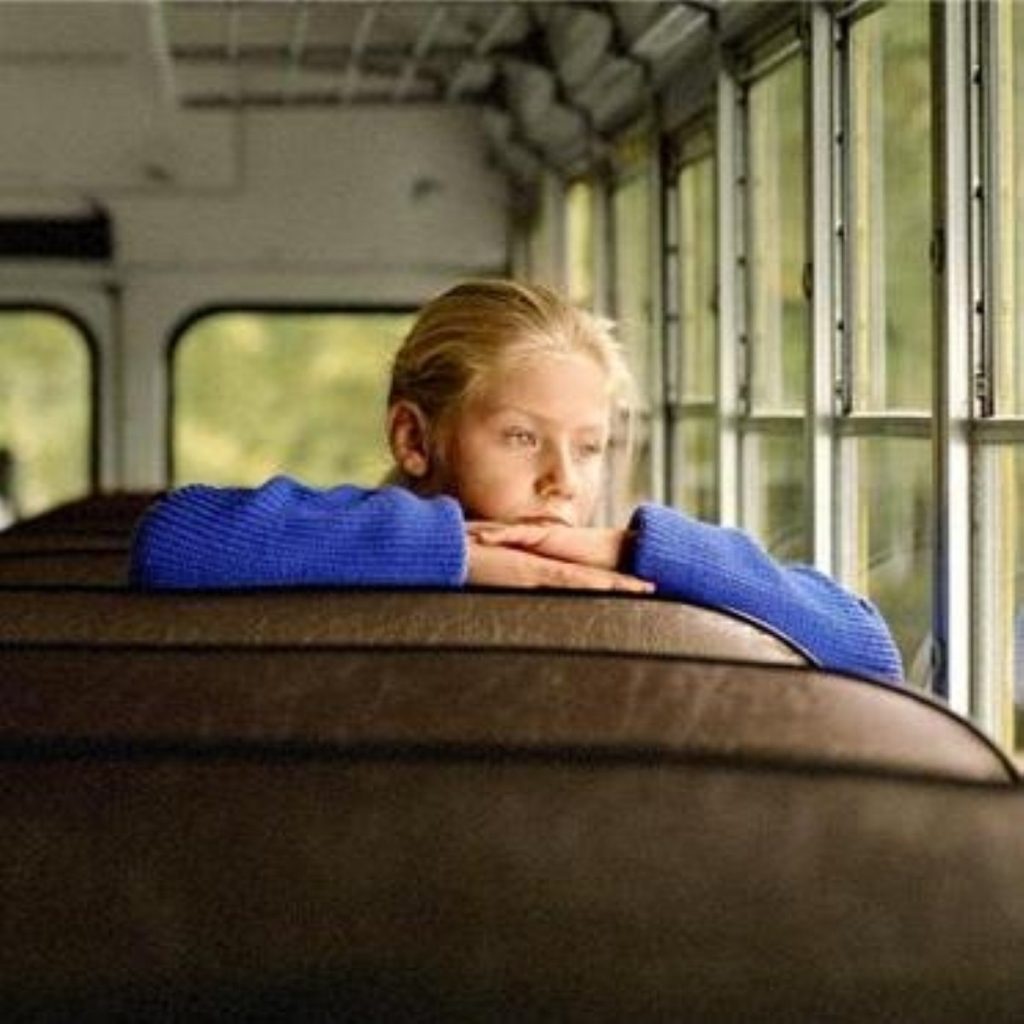New focus needed on children’s well being
Children’s charities have called for a new focus on children after a Unicef study revealed British youths are the least happy in the developed world.
The Child Poverty in Perspective: An over-view of child well-being in rich countries report ranks Britain last out of 21 countries.
Opposition parties and charities saw this as evidence of a failure in government policy towards children and the family, however the government pointed out there had been large improvements since the survey was conducted.
The researchers measured the material well-being, health and safety, education, relationships with family and friends, risky behaviour and the children’s own feelings to rank the countries.


The list is headed by the Netherlands, Sweden, Denmark and Finland with Austria, Hungary, United States and UK brings up the rear.
Barnardo’s chief executive Martin Narey said: “The report makes for depressing reading, but it does not come as a surprise.”
He called for a cultural change and warned “as a society we need to listen to and value children and get away from some of the negative images of hoodies and ‘feral youth'”.
Al Aynsley-Green, children’s commissioner for England, told BBC News 24: “We really do need to look seriously at where we see children in society. Do we actually like children in our society in this country?”
He added: “Looking after children should be everybody’s business, parents, families, schools, communities, faiths as well as governments.”
The Unicef report says family breakdown contributed to the high levels of dissatisfaction among children.
The authors admit using data on single parents and stepfamilies “may seem unfair and insensitive” but say the statistics point to them as a “greater risk to well-being- including a greater risk of dropping out of school, of leaving home early, of poorer health, of low skills, and of low pay”.
Fewer than 70 per cent of British children live with both parents, compared to over 90 per cent in Greece and Italy.
An Equal Parenting Alliance (EPA) spokesman said “years of policies encouraging destruction of the family unit are finally coming home to roost” and added: “Children need two parents and secure family relationships to be happy.”
But the UK also scored poorly on child poverty rates with 16 per living on less than half the average income, which the Liberal Democrat children spokeswoman Annette Brooke described as “shameful”.
She said the “massive income inequalities” had been initiated by Conservative economic policies in the 1980s.
But the Conservatives pointed the finger of blame at chancellor Gordon Brown. Shadow chancellor George Osborne said: “This report tells the truth about Brown’s Britain.
“After ten years of his welfare and education policies, our children today have the lowest wellbeing in the developed world.”
However the government said the data used in the study was “several years old” and “does not reflect more recent improvements in the UK such as the continuing fall in the teenage pregnancy rate or in the proportion of children living in workless households”.
A spokesman said: “There are now 700,000 fewer children living in relative poverty than in 1998-99, and we have halved the number of children living in absolute poverty.”
He added: “Great progress has been made because of the crucial importance this government places on putting children’s well-being right at the heart of policy-making. But we know there is more to do to make sure that every child has the best start in life and has an equal opportunity to fulfil their potential.”









